In the latest of this series of interviews by Iain Martin, presenter of The Ski Podcast, he spoke with legendary professional snowboarder Xavier De La Rue
Xavier de la Rue is a multiple snowboard cross world champion and Freeride World Tour winner, who has snowboarded in locations as diverse as Alaska, Svalbard and Antarctica. He survived an almost fatal avalanche and has strong views about risk-taking in the mountains.
Hi Xavier. You’re recently back from Antarctica. How did that trip go?
It was a The North Face project that I’ve been planning for five years. I went with my brother [professional snowboarder Victor] and my daughter [aspiring freeskier Mila]. I love exploring and it was great to be on a big trip like this and see it through the eyes of my daughter and brother.
Antarctica is very different to the Alps. Any cliff can become a rideable pitch, so you end up riding slopes around 65-70 degrees. The snow is amazing for riding steeps, as it’s quite dense.
We saw really different conditions from my previous visit though. Global warming is so vivid there. Even though we went at the same time, there was pretty much no sea ice this time around, and you could feel the seasons have shifted drastically. It felt a lot warmer: more like spring or even summer.
You’ve also snowboarded in Svalbard, how’s it different there?
We were inland in Svalbard, so it was like being on a glacier: it’s literally a very thick layer of ice. And it was super cold – about minus 30C. We had to put candles in our boots just to keep them warm and soften the plastic so we could get into them!
Polar bears can be an issue too. You have a rifle with the group the whole time. If you sleep in tents like us, you have to put a trip wire around the camp, which will set off fireworks if a bear comes too close. The fireworks go up, scares them and at the same time wakes you up so you can grab your rifle. It’s quite intimidating!
You’re based in Verbier. I understand you have a cliff named after you on the famous Bec des Rosses?
That’s true. The De La Rue cliff. I went off it in the finals of the Freeride World Tour in 2010 when I won my third title. It’s a big cliff, but with a pretty exposed landing, so you have to be really precise.
Is it true you once skied the Bec des Rosses at night?
Yes, it was celebrating 25 years of the event in February 2020. We had 25 people, each with a flame, positioned on the ridge for a photo. And right on the top, there were three riders: Yann Rausis, Jérémie Heitz and myself.
We had big LED strips strapped around our helmets, like a massive headlight, and we had to drop into the face, which is already scary enough in broad daylight.
It was really bizarre. There was no light at all at the top and it felt like dropping into the abyss. Once you were going it was better because the headlamps lit up the snow around you, but at the start, because it drops away so fast, there were no reference points at all.
You were in an almost fatal avalanche. How has that affected your views on risk?
It’s a tough subject for me, because I got taken by a big avalanche in 2008. It was above Orsières in Switzerland. I was carried over two kilometres and was close to being dead.
I was in shock after it happened and at the time I never wanted to touch a snowboard again. Eventually I realised I love it too much. But it’s been the best lesson I could have, because from that day on, I had seen the worst that can happen and it’s made me very, very cautious.
Of course, there will always be some risk, but the key is not to get swallowed into a mindset based around “The powder is so good… I need to hurry up because other people are coming”.
All of those thoughts can make you forget the risk, or not focus on the areas the risk can come from, because in the mountains every situation is different. To have some fear and to take your time will help you make the right decisions.
Do you think airbags add to an illusion of safety among skiers?
It’s true that an airbag can bring a false sense of safety, but at the same time it will protect you if anything happens.
What’s most important is that people should train more to understand what the real risks are in the mountains, because a lot of people don’t realise the dangers unless it happens to them.
You can get tricked in so many ways if you’re not aware and mindful of risk.
——
‘Of A Lifetime’, presented by The North Face, will be touring the UK this winter, for details see thenorthface.com/of-a-lifetime
The Ski Podcast is an award-winning podcast with over 220 episodes. You can listen to all episodes on Spotify, Apple Podcasts or wherever you download your podcasts.
Listen to Iain’s full interview with Xavier De La Rue here:

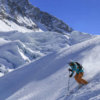
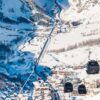
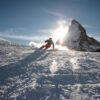
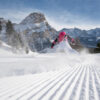
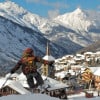
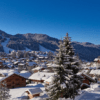
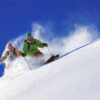
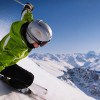
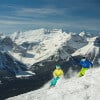
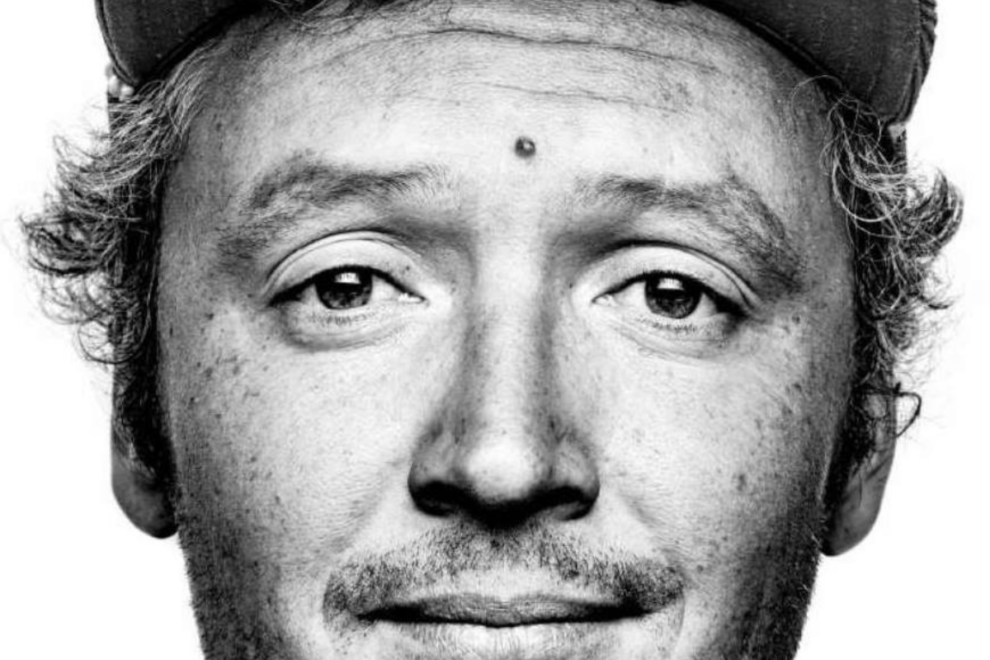




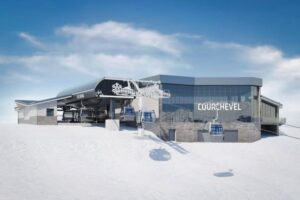
Add Comment